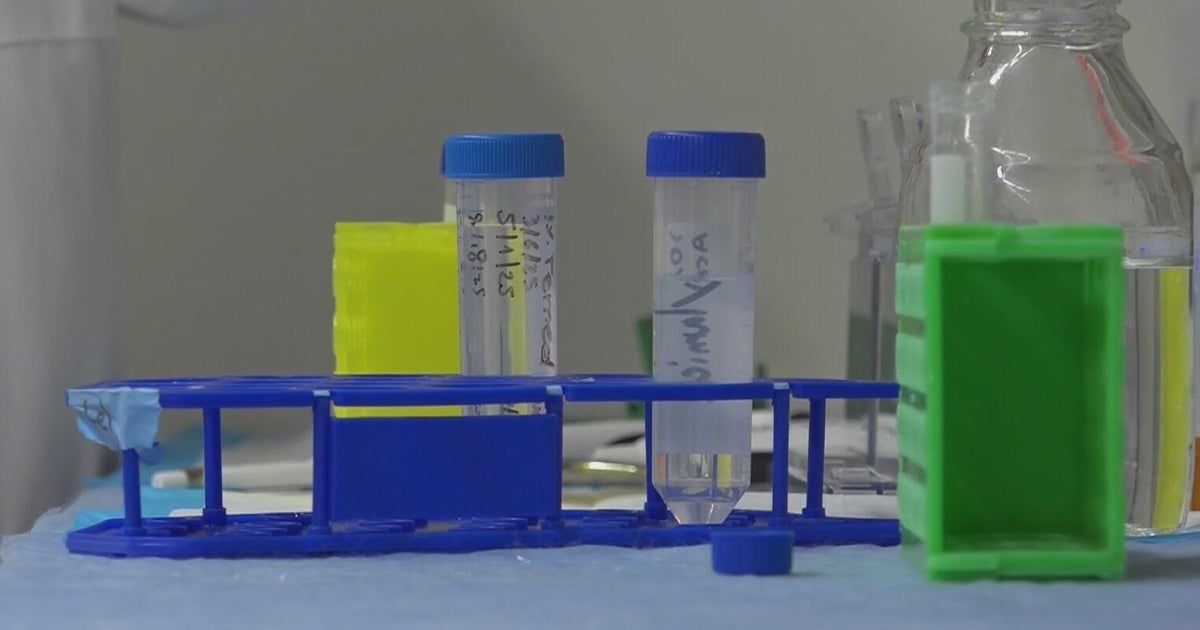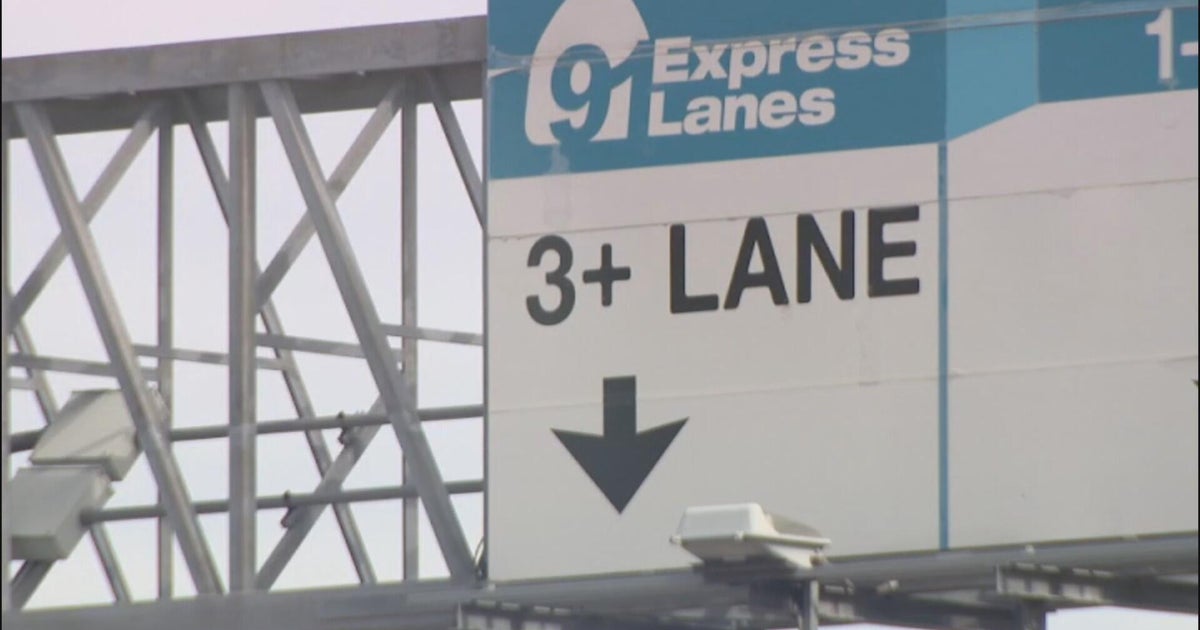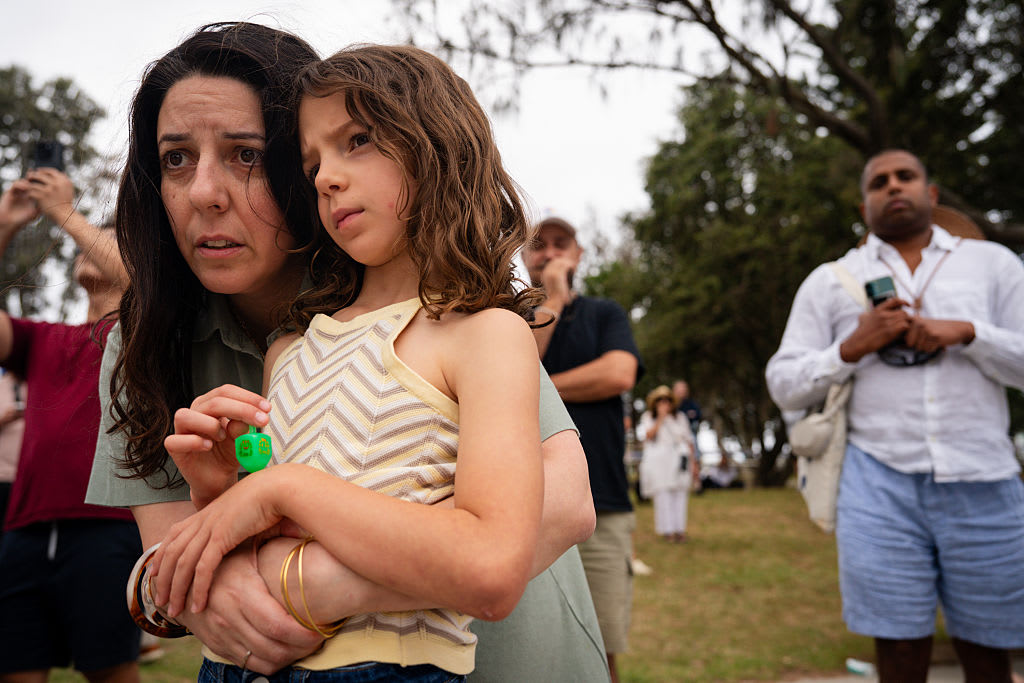Lost wallet experiment reveals the good in people: "It's the right thing to do"
It's a feeling of dread—the realization that your wallet is nowhere to be found.
For many of us, the expectation is that it will never be seen again.
On a busy sidewalk in Rockville Centre, NY, "CBS This Morning" co-host Tony Dokoupil asked shoppers what the chances are that their wallet would be returned if lost?
"Probably the wallet gets returned and the cash is missing," shopper Dennis Wilburn said.
Another shopper said that he believed that his identification card would be inside the wallet but all his credit cards and cash would be gone.
But what if our expectations are wrong?
A recent study found that most people believe the more money in a lost wallet, the less likely it is to be returned — so a "CBS This Morning" crew set up hidden cameras to test whether the theory held true.
Eight plastic wallets were filled with $65 in cash, a key, a grocery list and a stack of business cards with a name and phone number. A producer put the wallets into strangers' hands, asking them if they can find the original owner.
However, nothing would stop them from walking away.
Those cameras captured some of the people walking away with the cash. But out of the eight wallets, five were returned—one was delivered to a nearby business, another was turned into a police station around the corner, and three people called to arrange a meeting in which they could return the wallet in person
Adam Moser was one of those people who returned the wallet. He said there should be no question as to what to do in the situation.
"It's the right thing to do," Moser said.
A study published in Journal Science in 2019 found that more than 70% of lost wallets were returned if they had large amounts of money inside. The research concluded that the more money left in the wallet, the more likely it was to be returned.
In other words, the more it matters, the more people do the right thing.
Steven Pinker, a cognitive psychologist and professor at Harvard University, said it feels good to help someone.
"If there's an opportunity to confer a large benefit to someone else at a small cost to yourself, then you do it," he said.
Pinker said that negativity sometimes overshadows the many positive developments happening around us. In his 2018 book "Enlightenment Now," he outlines that lives are improving in almost every measure.
"Poverty has gone down, illiteracy has gone down, violence has gone down… Not by magic, but when humans apply their ingenuity to solving problems, every now and again they can succeed," he said.
In a time when the first doses of Pfizer's COVID-19 vaccine are being administered across the U.S., Pinker said now is the best time to realize the face of humanity still exists within our communities.



